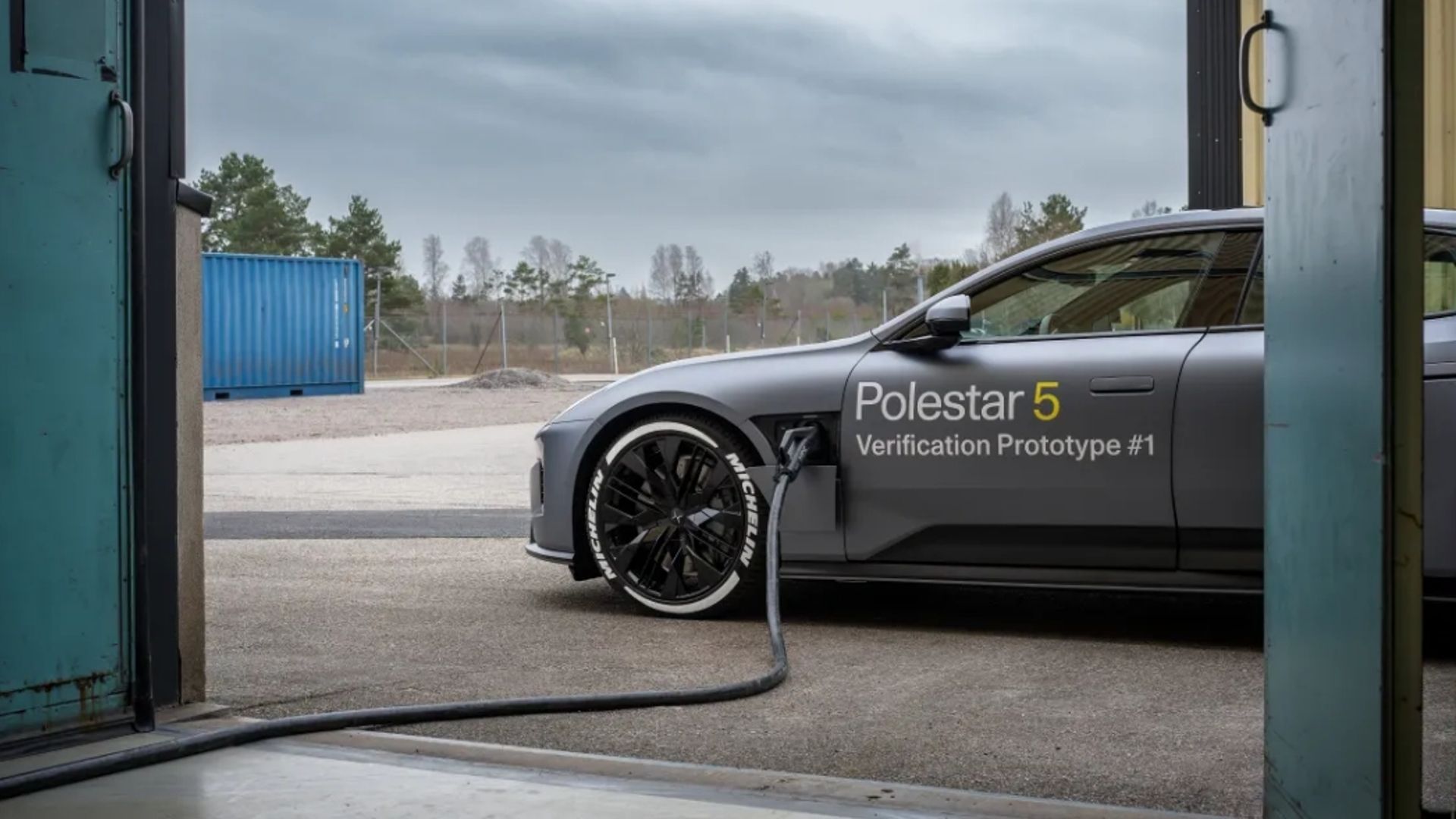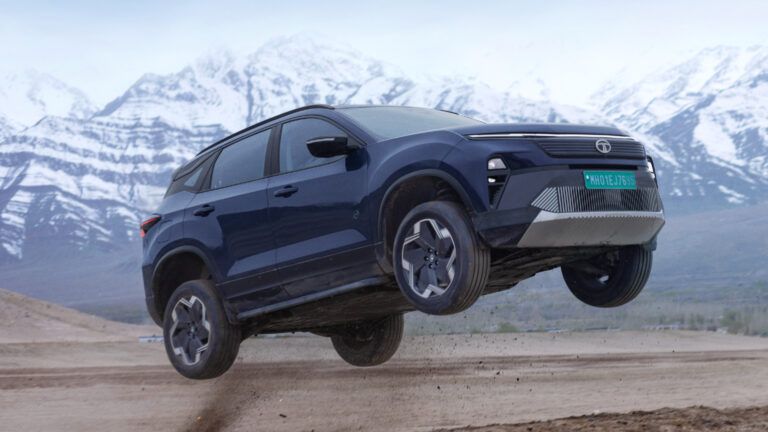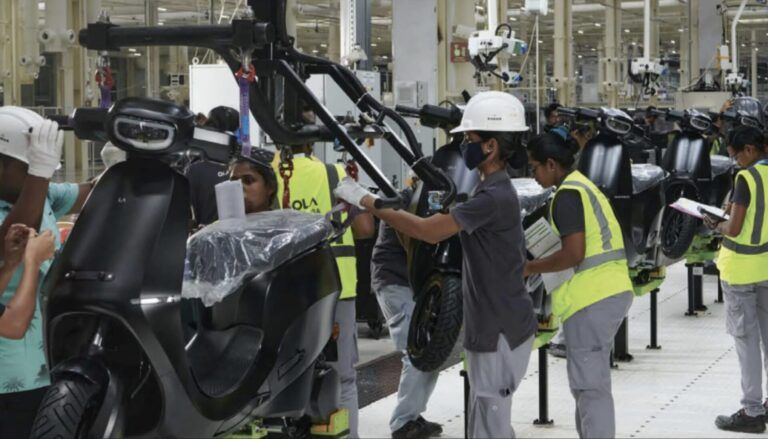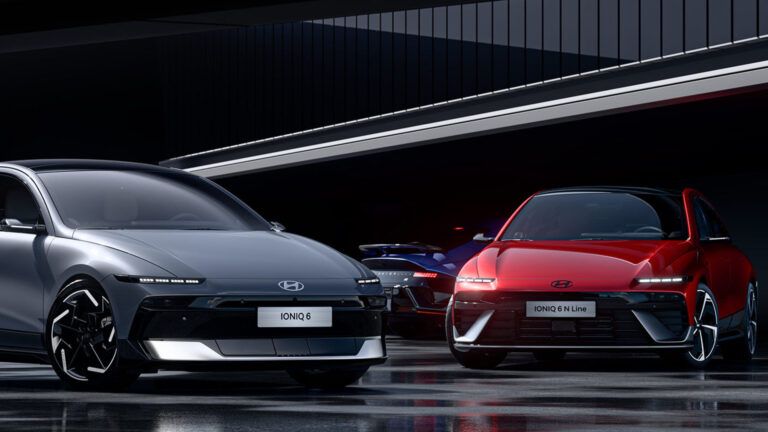Swedish EV startup Polestar showcased the fast-charging capabilities of the latest lithium-ion battery manufactured by Israeli firm StoreDot. During the demonstration, the Polestar 5 prototype, equipped with a 77-kWh StoreDot battery, charged from 10-80% in only 10 minutes with a DC fast charger.
Polestar reported that the prototype charged at a rate starting from 310kW, peaking at over 370 kW by the charging session conclusion.
A 10-minute charge at these rates could potentially increase the range of sedans by about 321km. Moreover, the Swedish EV maker may scale up the StoreDot battery to at least 100 kWh capacity for their vehicles.
The Swedish EV maker will formally unveil the Polestar 5 later this year, with sales expected to commence in 2025. While the company didn’t provide specific details, it earlier confirmed an 800-volt electrical architecture, facilitating high-speed charging.
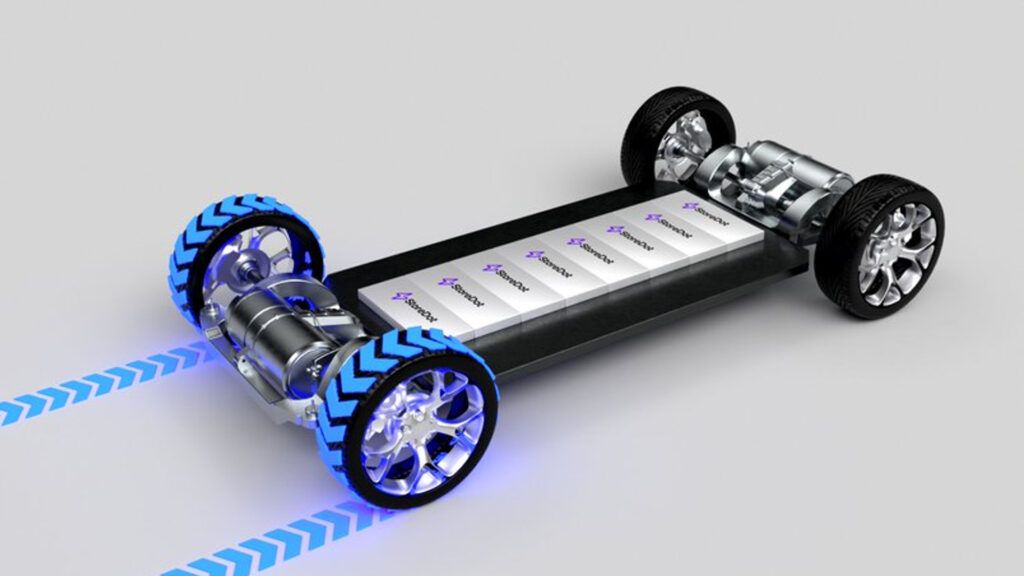
StoreDot’s XFC Battery
StoreDot’s battery, branded as an Extreme Fast Charging (XFC) battery, uses silicon instead of graphite in its anode. It results in reduced weight, simplified production, and lower costs due to silicon’s abundant global supply compared to graphite. Furthermore, the manufacturing process has minimal environmental impact.
Throughout the process, the company monitored all cell parameters, including temperature and voltage. Also, the battery pack remained within the engineers’ designated operating temperature range, eliminating the need for complex cooling systems.
In a Reuters interview last year, StoreDot expressed its target for the battery to enter production by 2027.
StoreDot remains on schedule for the production readiness of its XFC cells, capable of delivering 160km range in 5 minutes this year. The company aims to achieve a charging time of 4 minutes for 160km by 2026 and 3 minutes by 2028.
The charging speed for electric cars continues to be a significant obstacle to widespread EV adoption. Vehicles like Tesla Model 3 or Model Y can charge from 10-80% in 20 minutes with 250kW DC fast chargers. However, every minute of charging becomes crucial as EV popularity grows.
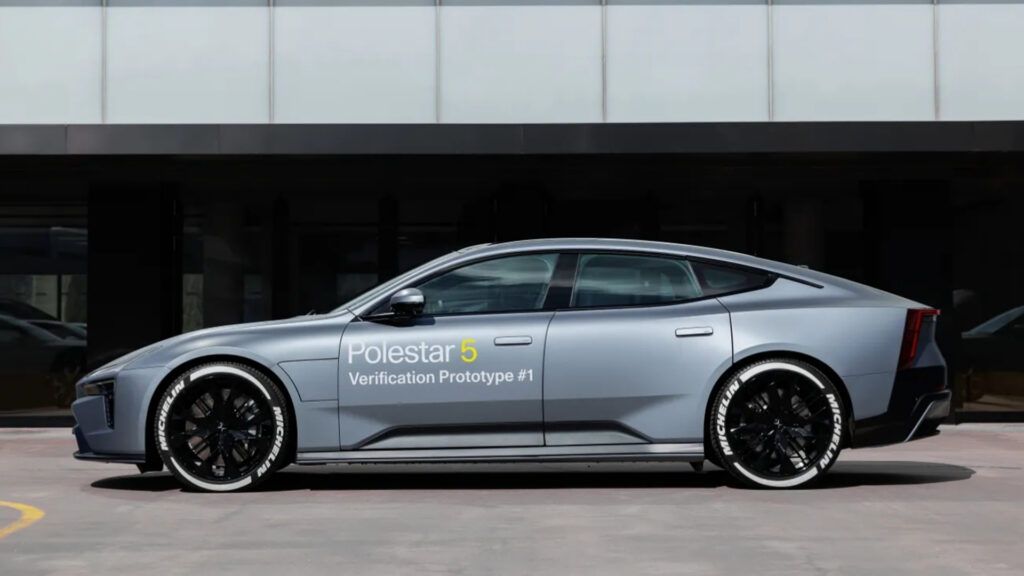
Wrapping Up
Several companies are exploring advanced battery technologies, including solid-state batteries. Nevertheless, StoreDot’s battery design, which prioritizes silicon, boosts charging speeds while using lithium-ion battery technology and charging infrastructure.

